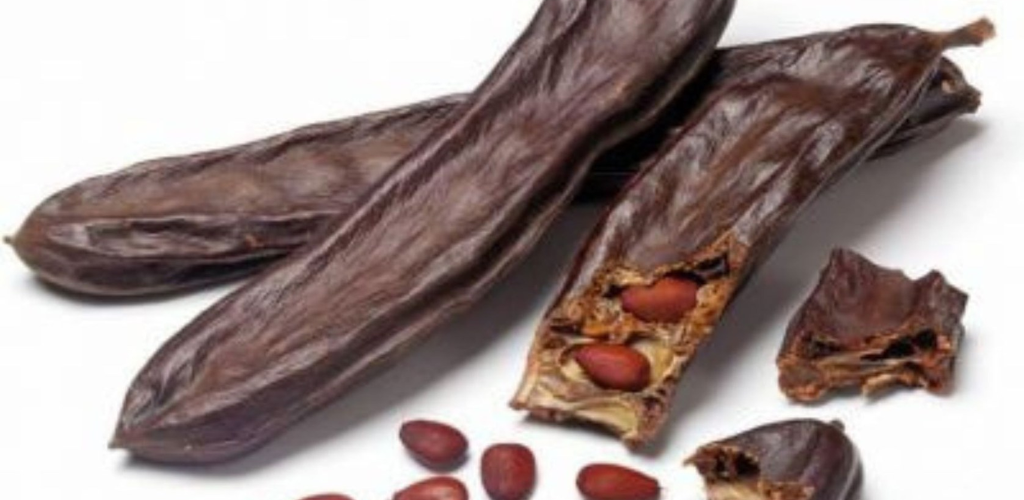The Almost Forgotten Fruit That Makes You Move, Helps You Lose Weight, and Lowers Cholesterol
In the vast world of healthy fruits and foods, there are hidden gems that deserve to be rediscovered. One of these treasures is the carob, an ancient, almost forgotten fruit, but with exceptional nutritional properties.
This fruit, so dear to our grandparents, offers many health benefits, and its revival is a perfect example of how culinary traditions can be a valuable source of wisdom.
In this article, we will explore the benefits of carob and why we should rediscover it and include it in our diet.
Origin and appearance of carob
Carob, scientifically known as Ceratonia siliqua , is the fruit of the tree of the same name (carob) belonging to the Fabaceae family. This tree is native to the Mediterranean Basin and Western Asia.
Carob is a pod-shaped fruit, similar in appearance to a bean, with a sweet and fibrous pulp and seeds inside.
Nutritional value of carob
Carob is a food rich in nutrients essential for health. Its fruits contain a wide range of vitamins and minerals, including vitamin B, calcium, iron, magnesium, potassium and zinc.
In addition, it is a natural source of dietary fiber, protein and antioxidants.
Health benefits
Digestive support: Thanks to its rich fiber content, carob is an excellent ally for digestive health. Fiber helps improve intestinal regularity, prevent constipation and promote the proper functioning of the digestive system.
Weight control: The fiber contained in carob helps promote a feeling of satiety, thus reducing appetite. This can be useful for weight control and obesity management.
Heart Health: Carob is cholesterol-free and high in potassium, which is known to help lower blood pressure. Consuming carob regularly can help keep your heart healthy and reduce the risk of cardiovascular disease.
Immune Support: Due to the presence of antioxidants such as polyphenols, carob can help strengthen the immune system and protect cells from oxidative damage caused by free radicals.
Cholesterol Control: The soluble fiber found in carob can help lower LDL cholesterol levels in the blood, helping to maintain a healthy cardiovascular system.
Source of Nutrients: Carob is a good source of calcium, which is essential for bone health, and iron, which helps prevent iron deficiency anemia.
How to Eat Carob
Carob can be consumed in different forms. Its dried fruits, called carobs, can be eaten as a snack or used as an ingredient in desserts and baked goods.
In some traditions, carob is ground into powder, which can be used as a substitute for cocoa, as it contains no caffeine or theobromine.
Carob is a versatile and nutritious fruit that offers many health benefits. Its rediscovery reminds us that the culinary traditions of our grandparents can often be a valuable source of knowledge about health and well-being.
So, next time you have the opportunity, try including carob in your diet and enjoy its many benefits for general well-being.
